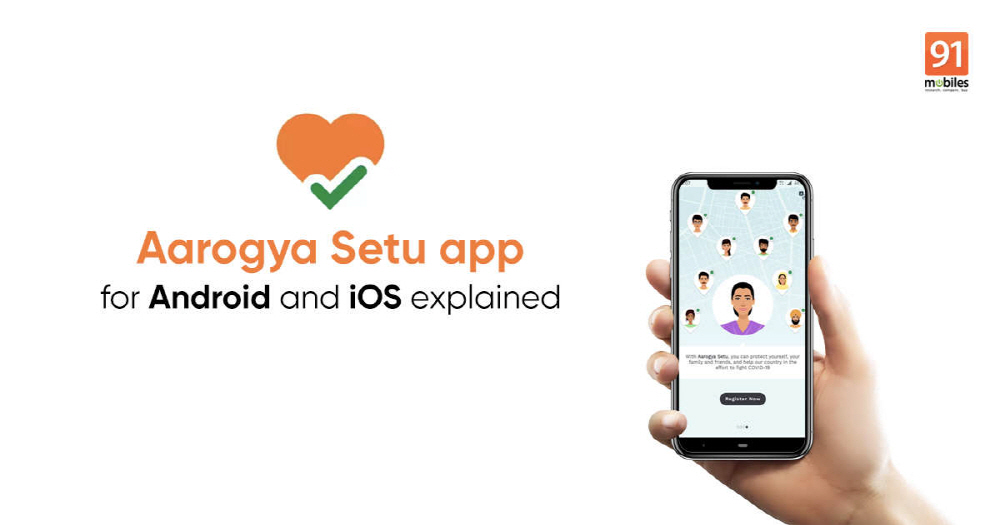
To contain the spread of Corona 19 infection, governments around the world are releasing smartphone apps that track contact records with infected people. Most of them choose their own free will, but the Indian government has made it mandatory for all workers to install their own app (Aarogya Setu).
The app, distributed free of charge by the Indian authorities, uses phone location information to track contact history with infected people. When an infected person is found, medical advice is sent to the contact person via SMS for the past 14 days, and the risk of infection is directly identified in online chat or contact records with the infected person, and the government provides a function to identify and announce a hot spot based on anonymized data.
This app also basically requires user consent. However, according to reports, on May 4 (local time), the Indian government mandated the installation of workers in public institutions and private companies. It is said that if not all of the staff install it, it could lead to punishment for the person in charge.
Already, the app has been downloaded more than 80 million times. The Indian government’s goal is to cover all smartphone users. It is said that not only workers but also residents of the blockade are required to download apps.
In order to suppress the spread of infection, it is essential to identify the person who has had heavy contact during the incubation period within two weeks after the discovery of the infected person. However, there is a limit to remembering who and where you were two weeks ago, and as much human resources are required for listening surveys, it can be said that a smartphone that automatically records it is complementary. However, when you met who and where you went is personal information. The app always monitors the user’s location information, a GPS device that has a history of contact with other users, or via Bluetooth. Things that may require close attention to handling.
The app officially emphasizes that device-specific IDs are exchanged via Bluetooth with other anonymized devices and records are encrypted. However, according to the Indian Internet Freedom Foundation (NGO), the app either does not meet data protection standards or does not provide sufficient transparency by the algorithm. Mozilla also doesn’t know how the app uses the data it retrieves, and India is warning that there aren’t enough privacy laws in place to protect civilians.
There is no guarantee that it will not be abused in the future. It is also from this concern that Apple and Google, etc., when conducting COVID-19 cooperation, emphasize privacy, transparency, and user consent, and promise to deactivate after the pandemic converges. Anyway, interest in the handling of personal information collected by governments after Corona 19 may be raised. Related information can be found here .


















Add comment